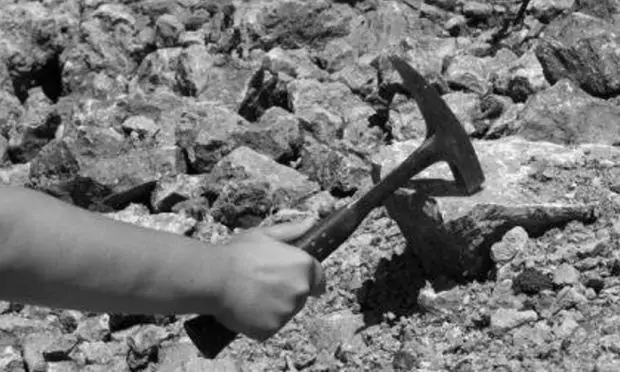Canadian junior miner FPX Nickel Corp. [TSX-V: FPX, OTCQB: FPOCF], is developing an unusual nickel project in British Columbia and has completed a series of metallurgical tests that have helped it to recover more nickel than it initially estimated.
Its Baptiste project is based on a large scale nickel-iron alloy mineralisation known as awaruite and is being developed as an open pit mine. The tests have helped to optimise the Baptiste process flowsheet and to recover 4% more nickel than the company first assessed in 2020.
Using Davis Tube Recovery (DTR), the global industry standard apparatus for recovering magnetic minerals, the nickel recovery has increased to 88.7%. The results are based on a prefeasibility study average feed grade of 0.13% DTR nickel and are expected to be maintained for the duration of the mine’s life.
- Ormonde offers high-potential mining
- Corcel focusing on high-potential O&G assets
- IPO Radar: ServiceTitan, Shein, Greatland Gold
The outcomes have helped better understand the process characteristics at Baptiste and optimise the concentrator flowsheet – the sequence of operations in the plant. The new flowsheet includes primary grinding and three stages of magnetic separation. This will be followed by regrinding and a fourth stage of magnetic separation.
Baptiste is one of four targets in the FPX Nickel 100%-owned Decar district, a large-scale greenfield nickel discovery.
PFS due in September
The testwork campaign will form the base for FPX Nickel’s preliminary feasibility study (PFS) which is on schedule to be released in September this year.
“The scale and depth of our testwork is more analogous with feasibility study-level testwork and reflects FPX’s commitment to the development of this new, yet simple and robust, metallurgical process,” said Andrew Osterloh, FPX Nickel’s Senior Vice-President, Projects & Operations. He noted that the results further validate the advantages of processing awaruite.
Awaruite’s unusual characteristics make it valuable in the production of stainless steel and battery materials. Little wonder that the company has attracted the attention of Finnish stainless steel giant Outokumpu Oyj [HEL: OUT] which has invested $16 million in the Canadian miner. Some of this investment has formed the funding for the prefeasibility study tests at Baptiste.
Another of FPX’s key collaborations is the generative alliance with Japan Organization for Metals and Security (JOGMEC), a Japanese government agency. Based on Baptiste, the alliance will target awaruite nickel deposits worldwide. JOGMEC will provide all of the funding over the next two years while the work will be overseen by a jointly staffed management committee.Decar development
Since 2010 FPX Nickel has invested a total of around $28 million to develop Decar. The district also includes the Van target, another awaruite mineralisation confirmed by drilling, petrographic examination, electron probe analyses and outcrop sampling.
Of the four Decar targets the company has been focusing the most on the Baptiste deposit, drilling a total of 99 holes and 33,700 m. It has also completed environmental and engineering studies to evaluate its potential as a bulk-tonnage open pit mining project.
The deposit is located within the Baptiste Creek watershed, on the traditional and unceded territory of Tl’azt’en Nation and Binche Whut’en First Nation. It is within several Tl’azt’enne and Binche Whut’enne keyohs. FPX has conducted mineral exploration activities to date subject to the conditions of agreements with the Nations and keyoh holders.
Podcast: We speak with FPX Nickel’s CEO Martin Turenne
Or subscribe to our channel on your favourite platform
Don’t miss out on our weekly podcast. You can find us on Spotify, Soundcloud, Amazon, Apple, YouTube and many other popular platforms






















